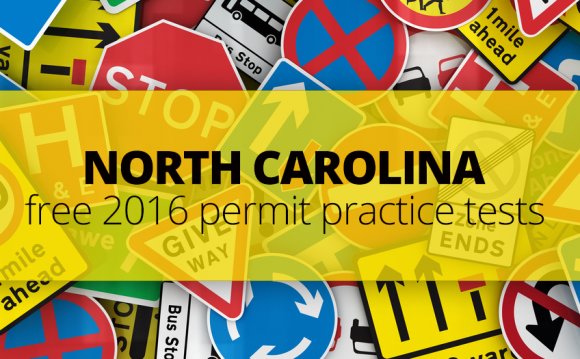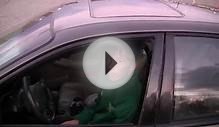
Passing your driving test isn't the magical signal that you know everything about driving and are 100% ready to rule the road.
Recognising this can actually help you learn and pass because it's all about attitude: if you think you're the best driver that ever lived after 5 lessons...your test might not go so well for you.
To make sure you do your best when it comes to driving test time, take a look through these 6 tips.
Take enough lessons
You’ve heard it before but I’ll say it again: 47 hours plus around 20 of private practice. That’s the average number of hours with an instructor that it takes to pass, according to the DVSA.
It may seem like taking your test quicker will save you money on driving lessons, but if you fail that’s another £62 and more lessons. A better driver will also save money in the long run with their No Claims Discount and lower insurance renewal prices.
Know the Highway Code
Many of the rules in the Highway Code are legal requirements – so if you display any of the ‘Must Not’s or fail to show any of the ‘Must’s, that’s a problem. Being familiar with the legal requirements of any road situation will help you avoid serious faults.
Knowing the Highway Code when you take your driving test will also allow you to make calm, precise decisions under pressure and help you be a better driver in the future.
Get familiar with the area around your test centre
Facing an unfamiliar route during your driving test is not a great start. Use your last couple of driving lessons to practise the roads you may be tested on - your driving instructor might even know from previous students which routes are most likely.
Looking out for things like hills (if there are none, you’re not going to get a hill start are you?), complicated traffic systems and the busyness of the roads will also let you know what kind of situations you may be up against during your test.
Observation:
- Not checking mirrors when moving off
- Lack of proper observation at junctions and roundabouts
Awareness:
- Not reacting to what’s in the mirrors
- Failure to drive to weather or traffic conditions
- Hesitation at junctions and roundabouts when it is safe to go
Signalling:
- Failure to signal
- Giving a confusing signal
- Failure to cancel a signal
Control:
- Poor hand placement on the steering wheel IF it's affecting your control
- Steering accuracy for the turn in the road, reversing around a corner and sharp turns
- Stalling due to poor clutch control and failing to recover quickly and calmly
- Keeping the clutch down (coasting) on a turn or after changing gears
Even if you think you’ve got these down, practise and then practise again. You’ll be nervous on the day, so you need your body to remember the action instinctively if your brain decides to switch off.
Be prepared
Get enough sleep the night before your driving test and make sure you eat breakfast. Don’t plan anything else for the day - you don’t want to have to rush or worry about something else you have to get done.
Important things to remember on the day of your driving test:
- Theory test pass certificate
- Photocard driving licence
- Glasses if you need them for driving
If you don’t bring these, you fail before you’ve even started the engine. Even the glasses: you have 3 attempts at reading a number plate from 20m away and if you can’t, that’s it.
Another side to being prepared is how you come across. Look tidy, be polite - even if the instructor is made of steel and immune to the usual subconscious decisions humans make about each other, you’ll feel together and responsible.
Keep some perspective
If you usually drive well during a lesson, why shouldn’t you drive well during your test? You know the area, you know the car, and you know what you’ll be tested on.
The only problem is you: your nerves. And why are you nervous? If you’re prepared enough, you’ll pass. If you don’t pass, you weren’t ready. Hakuna matata.
Just remember not to give up after a mistake. You might think you’ve made the worst error ever, but calmly putting it right and carrying on shows you can deal with problems on the road. You never know, it might not have been as bad as you thought - so get over it.
INTERESTING VIDEO












